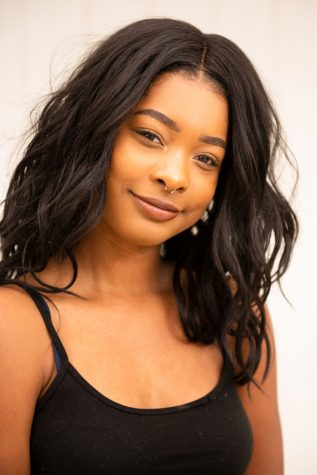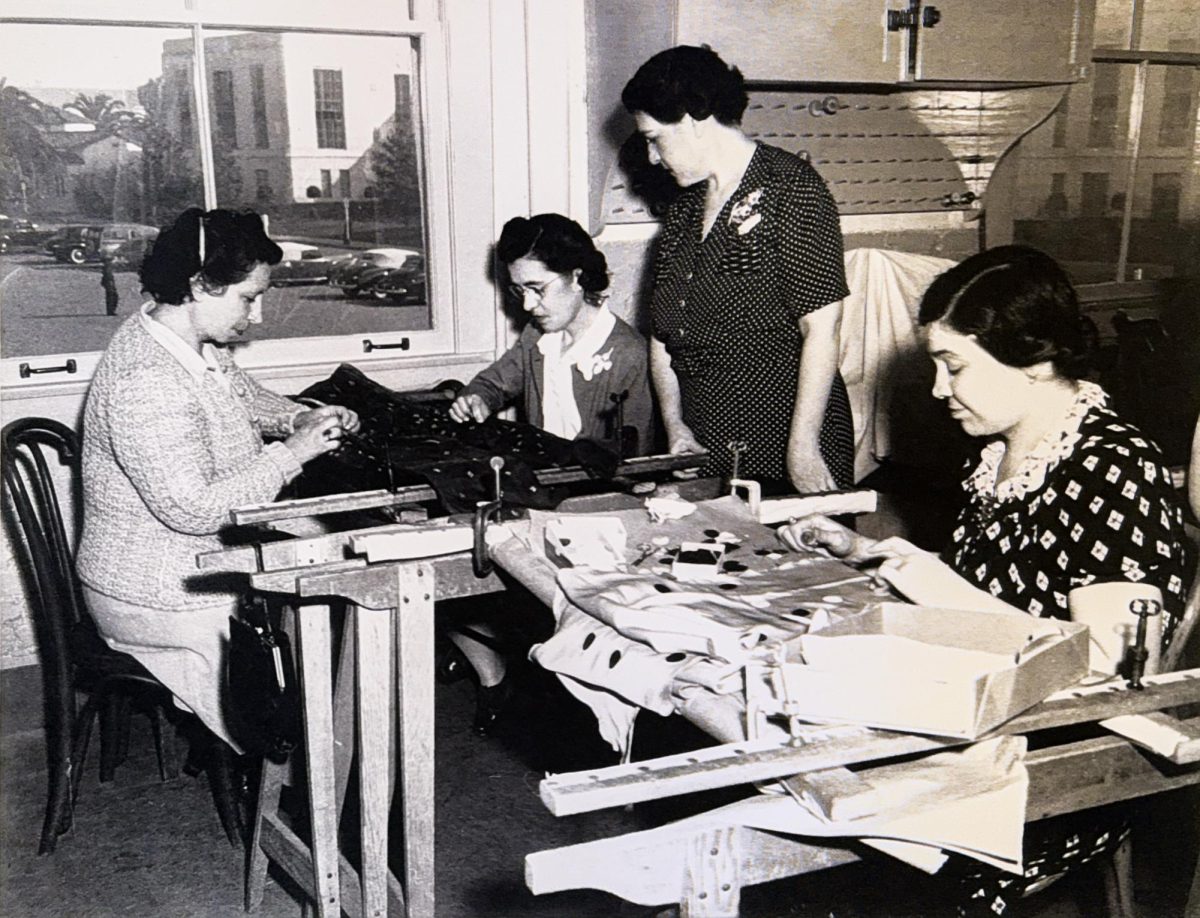 No, you cannot touch my hair. It may be long, coily and braided, but my hair isn’t something for you to pick at, grab and announce in the ice cream section of Albertsons.
No, you cannot touch my hair. It may be long, coily and braided, but my hair isn’t something for you to pick at, grab and announce in the ice cream section of Albertsons.
Seriously, that’s just downright rude.
Microaggressions: the phrase “I’m not racist but…” put in a word. It’s a discrepancy people of color in Santa Barbara and Isla Vista repeatedly experience, yet it flies under the radar.
Microaggressions are overt, subtle forms of language or actions that can be intentional or not, with prejudicial undertones that make you think, “Did they really just say that?”
Hearing irritating microaggressions nearly everyday was normal with an upbringing in an area like Riverside County where blocks are lined with cookie-cutter homes, and the Homeowners Association will fine you if your grass isn’t trimmed well enough. Clearly, growing up in Riverside County in the Inland Empire region of California doesn’t offer much diversity. The census population stands at 80 percent white and only 7.2 percent Black or African American. I’ve heard it time and time again, “Is that all your hair?”
While the person probably meant well, it just isn’t a harmless question.
Would you ask a white girl if all her hair is real?
Santa Barbara County is not that much different. Merely 2.4 percent of the population is reported on the census to be Black or African-American, and the greater 85.5 percent of the population is white.
The numbers aren’t needed to notice the disconnect in Santa Barbara County between what is acceptable to say in a conversation with a person of color and what isn’t.
Small gestures, such as changing the radio to hip-hop when a person of color gets in the car, is aggravating when it is noticed.
It’s off-putting when you’ve been mistaken as twins seven times in one day with your roommate, who is also black with braids.
It’s true, it happened last semester.
In class, the simple question “What are your thoughts on this?” suddenly pins you as speaking on behalf of all black people, being the only black person in the classroom.
In high school, a good friend of mine confessed to me, “I like you. You’re not like the other black girls, you’re like… sophisticated.”
To her, it was a friendly remark. But those words have negative connotations.
Living in Isla Vista the past year, hearing people’s distasteful two cents such as, “You’re not like the other black people,” or “You talk so proper” insinuate negative and false stereotypes about a group of people. Hiding it behind a compliment doesn’t make it any less wrong.
Switching up the slang in a conversation with me or abruptly mentioning the one time they went to visit Africa are all microaggressions.
No matter how much it’s concealed behind nice words, microaggressions are disrespectful and very ignorant.
People of color, check your friends when they slip up.
If you slip up, acknowledge it and don’t do it again.
So, the next time you spot a brown-skinned girl in the canned goods aisle of Smart ‘N Final, and you think to yourself “I should go touch her hair,” don’t do it. Just keep walking.











